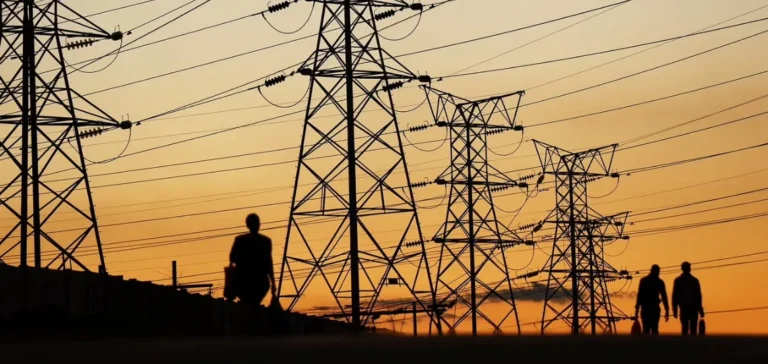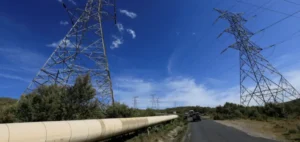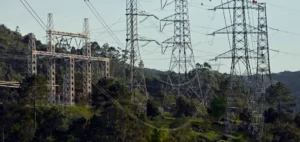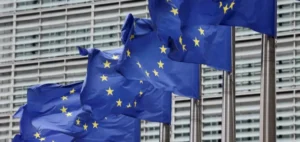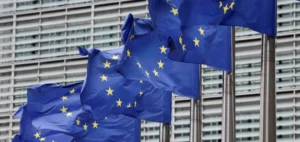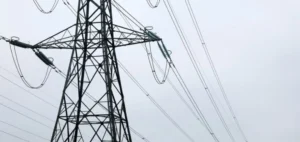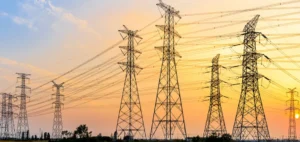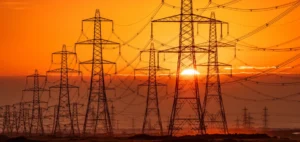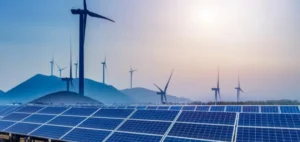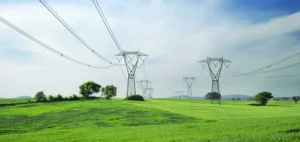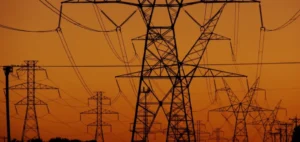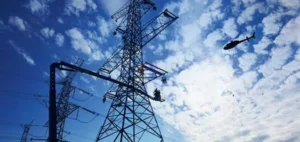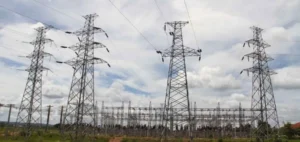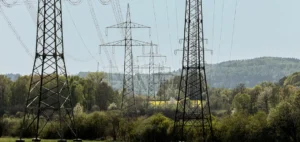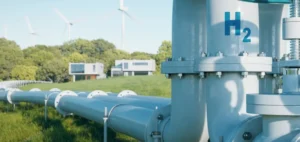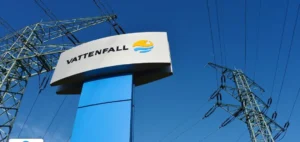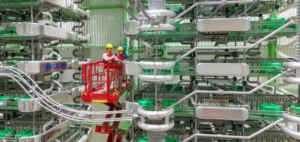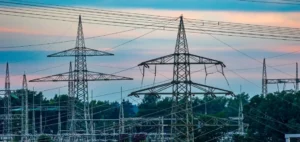British International Investment (BII), the United Kingdom’s development finance institution, has launched a $7.5mn funding facility in partnership with US-based Odyssey Energy Solutions. This initiative aims to support the implementation of interconnected electricity mini-grids across various regions in Nigeria. The primary objective is to advance the DARES (Distributed Access through Renewable Energy Scale-Up) programme, backed by the World Bank, which targets improved electricity access for 17.5 million people.
A financial mechanism to address structural barriers
The funding facility leverages Odyssey’s proprietary technology platform, which integrates supply chain management and tailored credit systems. This mechanism enables developers to cover high upfront costs—such as equipment purchases and import duties—that often delay mini-grid deployment. Repayment is structured around project milestones linked to revenue generation.
Logistical optimisation and flexible payment terms
Nigerian energy companies benefit from aggregated procurement for competitive pricing, flexible payment conditions, full logistics support from import to installation, and access to vetted equipment that ensures system reliability. These features are designed to streamline project execution and strengthen operational resilience.
Boosting electricity access through regional interconnection
With an estimated 90 million people in Nigeria lacking access to electricity, interconnected mini-grids are emerging as a technically and financially viable solution. Odyssey’s model, built on a network of over 3,000 installers and $3bn in available finance, aims to accelerate electrification by integrating procurement, financing, and monitoring into a unified platform.
Operational partnership to meet growing demand
The new facility is designed to scale in response to increased demand under the DARES programme by working with an expanded network of certified developers and suppliers. The partnership seeks to enhance project delivery speed while building local technical capacity in underserved, off-grid areas with high interconnection needs.


